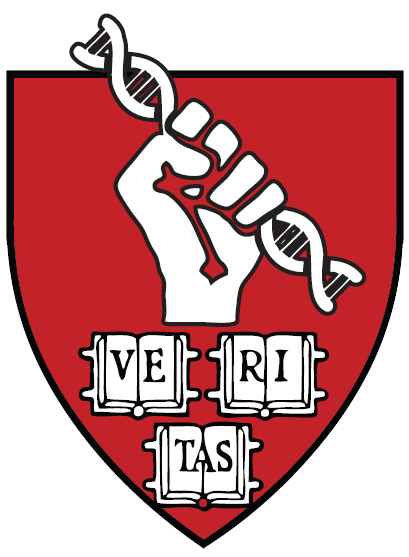Team:Harvard/Judging
From 2011.igem.org
(→Wiki Highlights) |
(→Foundational Advances) |
||
| Line 42: | Line 42: | ||
'''✓''' <html><x>Educated</x></html> local high school students about synthetic biology to provide accurate information from sources other than the media. | '''✓''' <html><x>Educated</x></html> local high school students about synthetic biology to provide accurate information from sources other than the media. | ||
| - | + | Our <html><x>foundational advance</x></html> is how we <html><x>brought together novel technologies</x></html> to create a pipeline that allows scientists <html><x>to engineer novel interactions with DNA</x></html>. This is a new way of making new parts: using selection on a computationally designed library. The <html><x>genome is the next frontier</x></html> in synthetic biology, and we want the iGEM and synthetic biology communities to use these techniques: we have provided detailed protocols on using lambda red and MAGE. | |
| - | + | ||
| - | + | ||
| - | + | ||
| - | + | ||
| - | + | ||
Revision as of 22:09, 28 October 2011
Wiki Highlights
- Read our project description and summary on our Project page: more details on how team members completed work for the three sections of our project are on Design, Synthesize, and Test pages, respectively.
- Results of all parts of our project (including our biobricks) are located on our Results page, along with an Attributions and Acknowledgments section.
- Human practices can be found on our Human Practices page.
- Please be sure to stop by our poster during the poster session with any questions.
Accomplishments
Experimental Results:
✓ Researched zinc finger proteins and choose 6 novel,
✓ Generated
✓ Used three recently developed technologies together for the first time: a
✓
✓ Created a
✓ Found up to
Biobricks and Protocols:
✓ Submitted
✓ Created several
✓ Used and shared our
✓ Made protocols, Biobricks, and source code
Human Practices
✓
✓ Researched
✓ Created a
✓ Handed out
✓
 "
"









